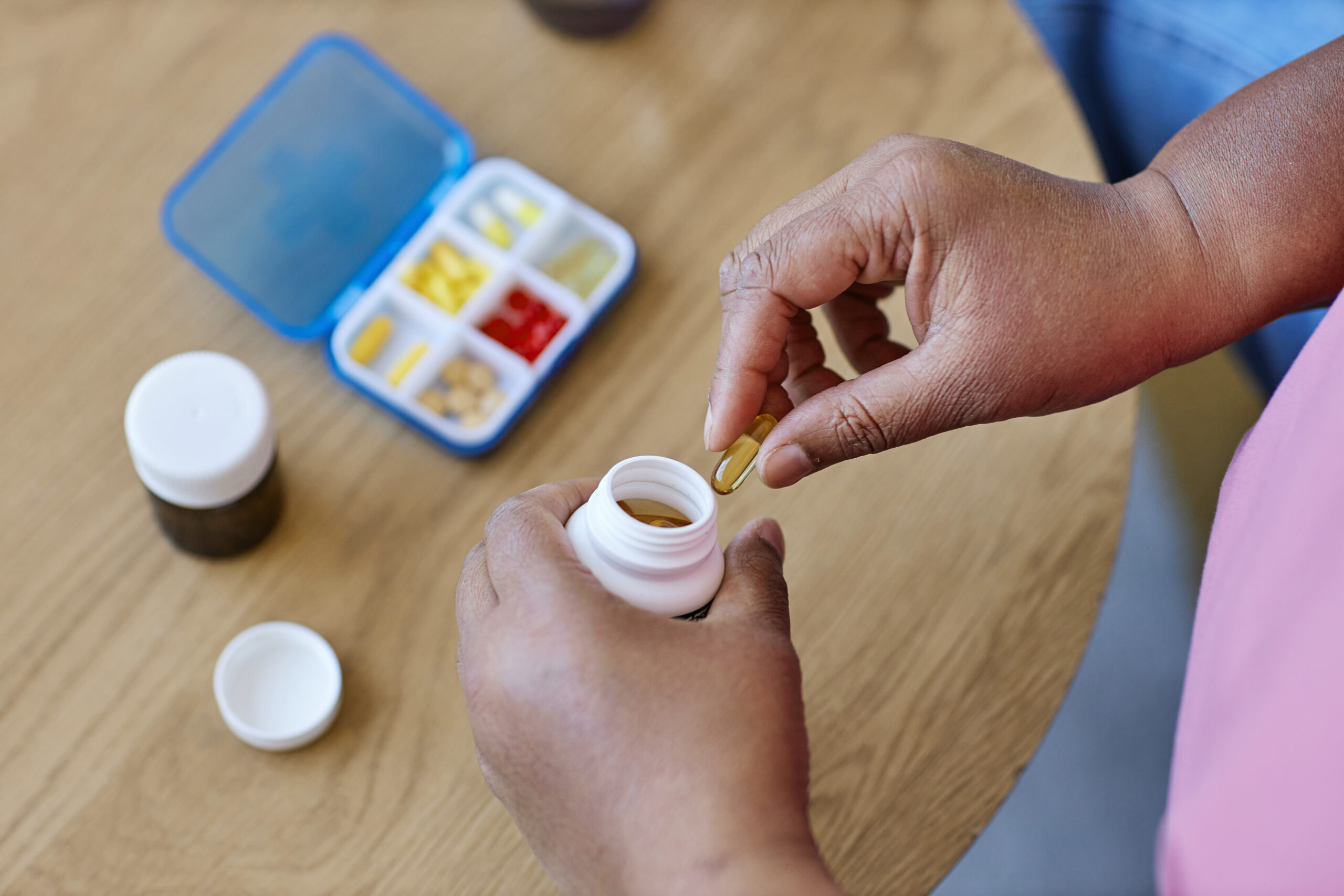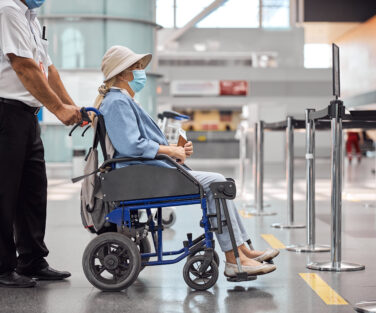
Preparing Medications Before Travel
The best thing an elderly person can do before the trip is a checklist. This method is perfect, as it limits the possibility of missing something important.
The chances of mistakes are reduced, and you don’t need to worry. Pack all the things from the list, including medical equipment, medically necessary liquids, pills, and more.
Consider the period of stay, as you need to have sufficient supply for the entire journey. You may also take with you a doctor’s note and prescriptions, just in case.
Packing Medications Properly
If you already have a checklist, you should pack the medication properly. You may use pill organizers or take original packaging, but the second option is better for security control. Note that your medicines should be put in original labeled containers.
Also, take your medical certificate with you, as it may be needed during boarding pass procedures. Those who require assistance should ask for support earlier. It’s possible to inform the airport staff and get help when it’s needed.

Air Travel with Medication
You are allowed to bring your medication on the plane, but it may require an additional screening. Senior travelers can take all the prescribed drugs and medical supplies.
To avoid unnecessary stress, check all the details and requirements beforehand to ensure a safe flight. Sometimes, written medical documentation may be crucial, so keep that in mind.
Also, note that it’s not possible to pack more than 3.4 ounces (100 milliliters) of medical liquids. If you need to take more due to health reasons, contact the airlines.
Accessing Medication Services at Airports
Medical services and pharmacies may be available at the airport. However, it’s better to prepare and take your medication with you instead of looking for the drugstores, as it may be stressful and time-wasting.
As your luggage may be delayed or even lost, it’s recommended to pack the essentials in the carry-on bag. What is more, to make the procedures faster, you can try online check-in and other available options.
Emergency Situations at the Airport
In case of emergencies, such as lost or misplaced medication at the destination airport, don’t panic. You may try to find medical help at the airport on the map available online. It’s a good idea to keep a list of emergency contacts and medical information.
If you have a must-have medicine to take, remember to put it in the hand luggage. Air travel may be stressful, but with proper preparations, you can enjoy a smoother journey.

Frequently Asked Questions
Can I bring my medication in my carry-on bag?
Yes, you can take your medication in your carry-on bag or checked luggage. You may pack pills or medication in solid form. In the case of liquids, you need to check the specific conditions set by your airlines [usually, no more than 3.4 ounces (100 milliliters) can be taken].
Do I need to declare my medication at security checkpoints?
You don’t need to declare your medication at security checkpoints unless it’s in liquid form due to the limits. Pills and solid medications don’t need to be reported.
How do I handle medications that require refrigeration during travel?
There are several options to handle medication that requires refrigeration. You may use the cooler bag or ice/gel packs. Those items can be used during air travel.
What if my medication is in liquid form and exceeds the limit?
It may be possible to take more liquids if necessary due to the health condition. Contact the specific airlines for more information, as they may vary depending on the company.
Can I bring medical devices like insulin pumps or oxygen tanks on the plane?
Medical devices, equipment, and supplies usually may be taken on the plane. They can be put in the hand luggage or checked baggage. Besides, you may also ask for special assistance if it’s necessary.

